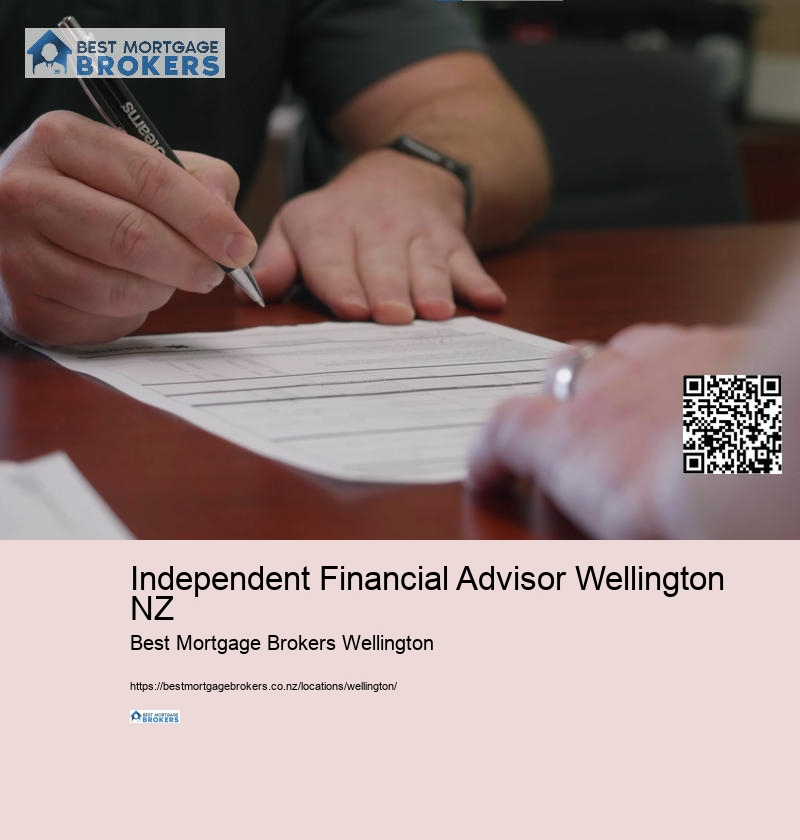Independent Financial Advisor Wellington NZ
personal finance
Once the application form is submitted, the lender will review your information and conduct a thorough assessment of your creditworthiness. This assessment will determine the loan amount you qualify for and the interest rate you'll be offered. It's crucial to maintain good credit throughout this process to secure favorable loan terms.
Review this letter carefully and seek clarification on any terms you don't understand. Finally, once you accept the loan commitment, the closing process will begin, culminating in the transfer of ownership and the disbursement of funds.
Firstly, pre-approval gives you a clear understanding of your budget and what you can afford. This knowledge allows you to narrow down your search to properties within your price range, saving you time and effort.
Furthermore, pre-approval can expedite the final loan approval process. By completing much of the paperwork upfront, you can shorten the time it takes to get a loan commitment once you find the right property.
Independent Financial Advisor Wellington NZ - mortgage brokers
- mortgage advice
- financial expertise
- mortgage brokers
- property investors
- mortgage specialist
- property goals
- mortgage process
- refinance




